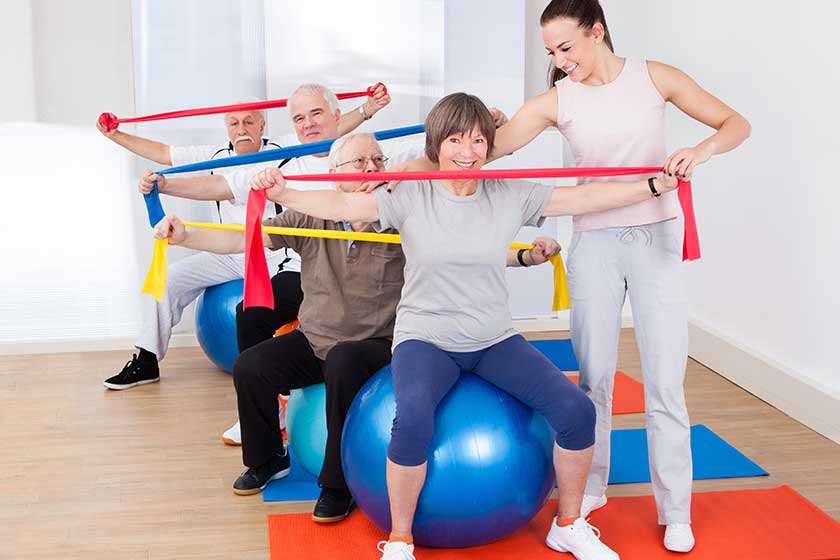Humans are innately social creatures. Unfortunately, seniors are more likelier to feel lonely than the rest of the population. A study by the UCSF Division of Geriatrics showed that 43% of seniors feel lonely on a regular basis. This loneliness can have a profound impact on your health in the long term. Read on to learn more about the dangers of isolation and the benefits of socialising.
The Health Hazards of Senior Isolation
According to the National Center for Biotechnology Information (NCBI), seniors have a higher risk of social isolation and perceived loneliness compared to the rest of the population. Factors that increase this risk include:
- A lack of contact with friends and family
- Being over 80 years old
- Chronic illnesses
Senior isolation can affect almost every aspect of your life. When your mental health is affected, this causes physical deterioration. People with limited social lives are likelier to suffer the following health concerns:
- Depression
- Anxiety
- Hypertension
- Coronary artery disease
- Cardiac failure
- Alzheimer’s and other forms of dementia
- Unhealthy behaviors such as physical inactivity and smoking
A study by the National Academies of Sciences, Engineering and Medicine showed that social isolation increased a person’s risk of premature death. Loneliness and social isolation were linked to a 50% increased risk of dementia, 29% increased risk of heart diseases, and 32% increased risk of stroke. These risks even rival those of physical inactivity, obesity and smoking. To avoid this, it is important for you and your loved ones to be staying engaged throughout the day.
How Seniors Can Benefit from Socialization
Socialization has been shown to be a highly effective way for seniors to improve their mental health. It can improve mental cognition and is associated with healthy behaviors like exercise. Connecting with friends and family can have an immense impact on the mental health of seniors.
By socializing more, seniors can forge meaningful connections with friends and family. Forming a stronger emotional support network encourages healthy behaviors. According to the American Public Health Association, socialization can improve mood, cognition, memory recall, and is associated with healthy behaviors like exercise.
Promoting Socialization in Seniors
As people age, they have a natural tendency to become more inactive. Over time, you can settle into inactive routines and grow sedentary. For many seniors, it is easier to be solitary than to socialize. As such, you need to be aware and proactive about your activity levels, or your health will deteriorate. Fortunately, there are plenty of options that you can choose from to do so:
- Senior support groups
- Regular phone and video calls with friends and family
- Visiting senior-friendly area attractions
- Bingo, billiards, and other games
For many seniors living alone, it can be difficult to have a socially active life. As such, more seniors are turning to retirement communities for opportunities to socialize and join a close-knit community of people. If you or your loved ones are looking to join a retirement community, our Personal Care community can be the one for you! Contact us today to find out more.







